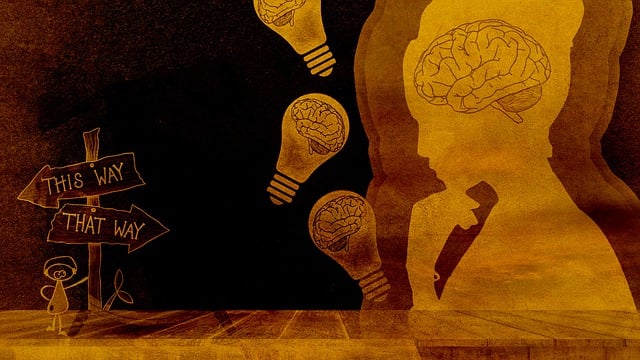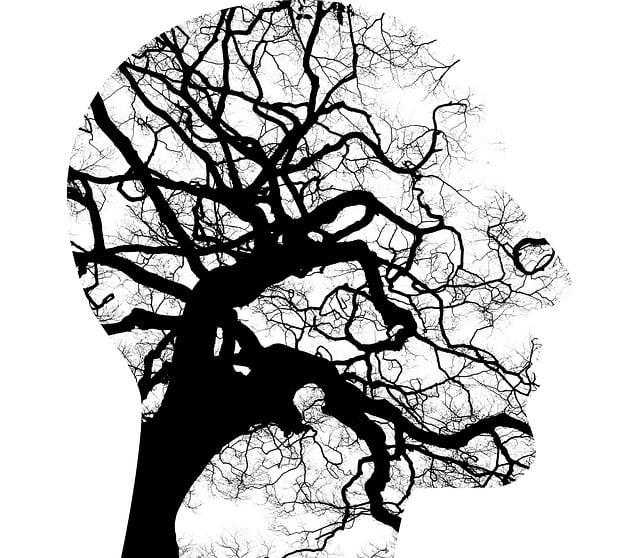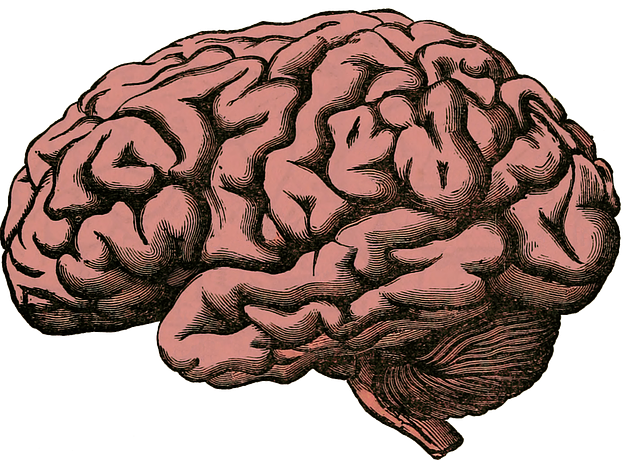Emotional intelligence (EQ), as practiced by Arvada Domestic Violence Therapy, is key to healthy relationships and mental health. EQ, encompassing self-awareness, emotional regulation, and empathy, helps individuals manage conflicts, promote healing, and build support networks. By identifying and regulating emotions, using tools like mindfulness and therapy, people can develop self-awareness crucial for coping mechanisms and anxiety relief. High EQ fosters strong connections and peaceful interactions through empathy and social skills, enhancing community outreach and trust. Investing in EQ development at Arvada Domestic Violence Therapy contributes to a more supportive community with reduced burnout, emphasizing compassionate care and resilience-building strategies.
Emotional intelligence (EI) is a powerful tool for personal growth and healthy relationships, making it a vital aspect of well-being. This article explores how building EI can transform lives, particularly in the context of Arvada Domestic Violence Therapy. We’ll guide you through understanding EI’s core components, learning to identify and manage emotions effectively, and enhancing empathy to foster strong connections. By the end, you’ll have practical tools to navigate relationships with greater skill and sensitivity.
- Understanding Emotional Intelligence: The Foundation of Healthy Relationships
- Identifying and Managing Emotions: Tools for Self-Awareness
- Enhancing Empathy and Social Skills: Building Strong Connections
Understanding Emotional Intelligence: The Foundation of Healthy Relationships

Emotional intelligence is a cornerstone of healthy relationships, both personal and professional. It involves recognizing, understanding, and managing one’s own emotions, as well as empathizing with others’ feelings. This dynamic skill set is essential in fostering strong connections, resolving conflicts, and enhancing communication. In the context of Arvada Domestic Violence Therapy, emotional intelligence plays a pivotal role in helping individuals navigate challenging situations, promote healing, and build supportive relationships.
By cultivating emotional intelligence, mental health professionals can improve their risk management planning, ensuring they are equipped to handle complex cases with empathy and effectiveness. This involves not just understanding the impact of trauma and stress but also encouraging positive thinking and resilience-building strategies. Such an approach not only benefits clients seeking therapy but also contributes to a more compassionate and effective mental healthcare ecosystem.
Identifying and Managing Emotions: Tools for Self-Awareness

Identifying and managing our emotions is a vital step in building emotional intelligence. It’s about recognizing when we’re feeling overwhelmed, anxious, or angry, and understanding why. Tools for self-awareness can help us interpret our feelings and understand their triggers. This process allows us to respond thoughtfully rather than reacting impulsively. Techniques like mindfulness meditation, journaling, and talking with a therapist (Arvada Domestic Violence Therapy is an excellent resource) are effective ways to develop this skill.
By cultivating self-awareness, we can begin to understand the nuances of our emotional landscape. This knowledge enables us to create a self-care routine development for better mental health, fostering healthy coping mechanisms and promoting anxiety relief. It’s also a key component in the emotional healing processes required to move beyond difficult experiences.
Enhancing Empathy and Social Skills: Building Strong Connections

Emotional intelligence is a powerful tool for building strong connections and fostering healthy relationships. One of its key components, empathy, allows individuals to understand and share the feelings of others, creating a deeper sense of unity. Through enhanced empathy, Arvada Domestic Violence Therapy can assist clients in navigating complex interpersonal dynamics, promoting peaceful interactions, and resolving conflicts constructively. By learning conflict resolution techniques, individuals equipped with emotional intelligence can transform challenging situations into opportunities for growth and understanding.
Social skills, another facet of emotional intelligence, play a crucial role in establishing meaningful connections within communities. Community outreach program implementation, for instance, can be significantly boosted by individuals who possess strong social competencies. These skills enable effective communication, active listening, and respectful engagement, all essential for building trust and solidarity among community members. By investing in emotional intelligence development, Arvada Domestic Violence Therapy contributes to a more resilient and supportive community environment, where burnout prevention becomes a shared priority through compassionate and empathetic interactions.
Emotional intelligence, a powerful tool for personal growth and relationship cultivation, can be nurtured and developed through self-awareness practices and empathy-building exercises. By understanding and managing our emotions, we forge deeper connections with others, as evidenced by the impact of Arvada Domestic Violence Therapy initiatives. This journey towards emotional proficiency allows us to navigate complex social dynamics with greater ease, fostering healthy relationships both personally and professionally.














